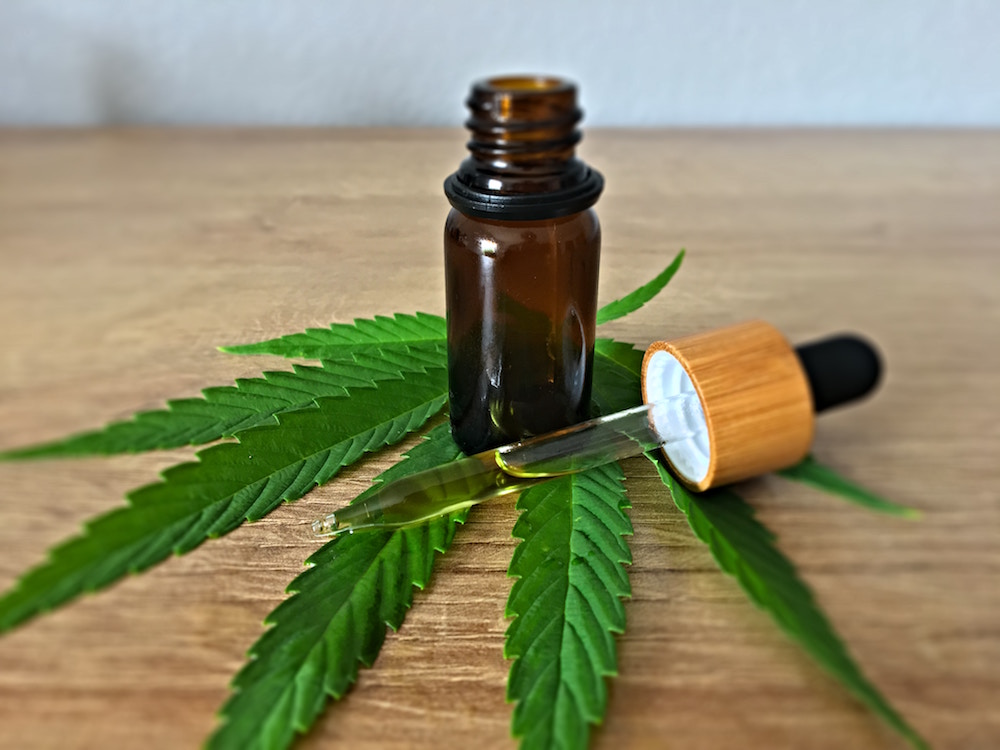From my vantage point, mainstream investors have, for the most part, adopted a wait-and-see attitude toward making serious investments in Cannabis companies. I get it.
Given ongoing legalization and regulatory debates at the State and Federal levels, most are leery of taking a deep dive into the space without further clarity on the ever-shifting regulatory front.
That said, I do believe there is a wise and prudent approach to investing in the projected $57 billion Cannabis industry right now, thereby capitalizing on the early-to-market fever that is beginning to take hold in smart money circles. That approach – which is one I’m taking with my investing dollars — is focused on an exciting subsector of the marijuana markets: hemp-derived cannabidiol, or CBD.
Many in the industry report that as long as a CBD product contains less than 0.3% THC – the cannabinoid in marijuana with the power to get you stoned – it is classified as hemp under federal law and is therefore legal to possess and distribute. While few may argue there are other legal and regulatory complexities that challenge the notion that it is legal everywhere, the fact remains that CBD has been swiftly growing in prominence due to its promising therapeutic applications for combating chronic inflammation, depression, high blood pressure, pain, seizures, anxiety, cancer, Type 1 diabetes, acne and even Alzheimer’s Disease, among a much broader list of ailments. In fact, in June of this year, the U.S. Food and Drug Administration (FDA) approved the first CBD drug, Epidiolex, which is used to treat a form of epilepsy.
In just the past few weeks, news about major food and product manufacturers looking to introduce hemp-derived CBD as an ingredient in their products has been capturing headlines in the national press. Among them are Coca-Cola Co., whose spokeman told Bloomberg that it is monitoring the industry and is interested in bringing to market drinks infused with CBD. “We are watching the growth of non-psychoactive CBD as an ingredient in functional wellness beverages around the world,” that spokesmen, Kent Landers, wrote in an email statement to Bloomberg News.
Forbes just reported that skin care and beauty company Estee Lauder is developing a topical celadon green face mask that contains CBD oil for its Origins division. Origins claims that cannabis sativa seed oil is filled with nourishing benefits to help condition the skin via the seed oil’s rich fatty acids.
With CBD-rich hemp oils showing up in products ranging from coffees to beer, from infused lotions to drops, capsules and edibles, CBD appears to be here to stay.
Unfortunately, the downside of the CBD craze is that the industry has attracted a whole host of “snake oil” salesmen who are intent on taking full advantage of rising consumer demand for these products; their primary motive is merely profit, not quality, much less safety. Over the past few years, the FDA has issued several warning letters to companies that claimed their products contained CBD. Testing, however, revealed they had no CBD whatsoever, much less high quality, pure and/or organic CBD. Therefore, when considering investing in a CBD company, it is vital to conduct due diligence, thereby ensuring that the finished products are using high-quality CBD extract.
There are several hemp-derived CBD companies currently trading on U.S. market exchanges that bear closer examination by sophisticated investors considering entering the space. I’m currently doing my own research and look forward to sharing some of my findings with you in future posts.
How about you? What is your opinion on the potentially high-flying CBD market?






